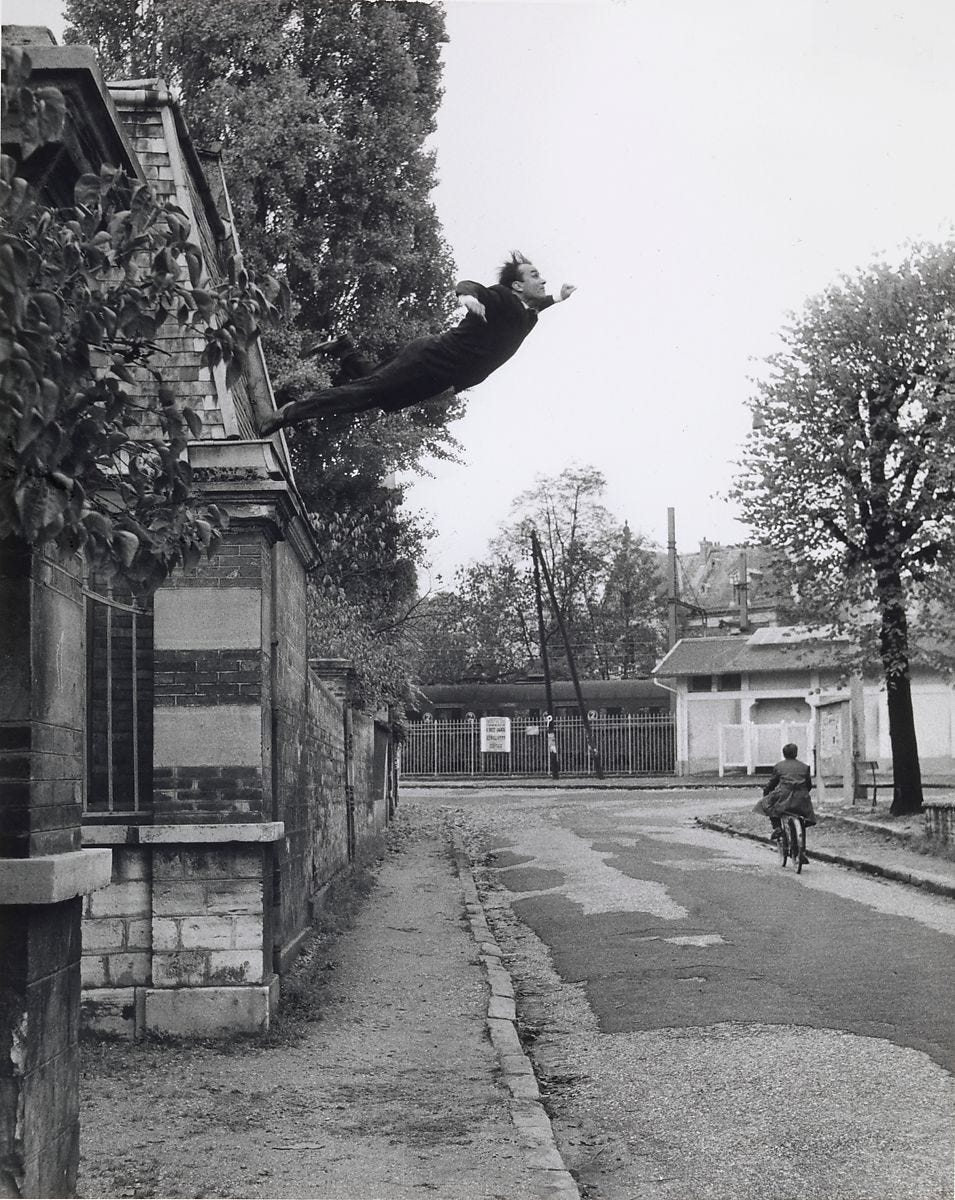
An infinite quantity of goodness will always justify a finite quantity of badness. By definition, an infinite quantity of anything is greater than a finite quantity of anything. An infinite number of feathers weighs more than a googolplex of elephants. If you believe it is possible to enter an infinite heaven by performing finite actions on earth, then it would be illogical for you not to perform those actions. The decision to sacrifice anything finite to an infinite heaven requires no faith whatsoever because the benefits rationally justify the costs according to existing knowledge.
People who argue that you should devote your life to a religion to get into an infinite heaven are heretics. They make this appeal because they fundamentally misunderstand what faith is.
Faith is absurd hope that an action that you find rationally unjustifiable now given your existing knowledge will turn out to have been rationally justifiable after you perform it and see what happens in the unknown and unknowable future. The idea is that the performance of the absurd/unjustifiable action will transform your world, and therefore you, in a manner that alters your present standards of justification such that the presently absurd/unjustifiable action can be retrospectively made intelligible and justified by a future version of yourself you know now can’t ever exist. Both acts that are rationally unjustified to you now (identified costs > identified benefits) and acts that are rationally unjustifiable to you now (costs/benefits = ?) qualify as faith-acts.
The Kierkegaardian leap of faith is the actual performance of an action that meets the psycho-philosophical conditions specified above. It is not the jump from the disbelief that heaven exists to the belief that heaven exists for one can believe in the existence of something without committing to it. You can see/know that an infinite abyss exists without absurdly trying to leap it. Confident belief, or knowledge, in the existence of heaven is merely a possibility in your mind that requires no faith to recognize because the recognition of a possibility is a shift in imagination and not an action of any sort, faithful or otherwise.
I can imagine a possible future in which I wildly streak while covered in animal blood at a work retreat. I hadn’t considered this possibility until just now. Now that I’m imagining this possibility, I am maximally confident in my belief – I know – that my employer would fire me if I were to do that. In fact, I don’t know anything if I don’t know that doing this would result in my termination. That’s how confident I am about the consequences of this action given my knowledge of the company I work for and my bosses. If I could pull a Luke Skywalker by intentionally sleeping inside a gutted animal and subsequently streaking in front of all my coworkers and bosses and not get fired, my world would be turned upside down. However, I have no desire to streak and I don’t like blood, so my knowledge of this possibility is but an object I’m attending to within the fantastical landscape of my imagination. This knowledge doesn’t move me or guide me or impact my life in any way. I know it is true that I could be fired by bloodily streaking, but I do not do anything about it.
I could become absurd (motivated by faith) according to my present knowledge by choosing to act upon what is to me now an obvious impossibility. I could absurdly choose to believe that the decision to streak in blood will somehow, through unspecifiable processes I don’t and can’t know now, net good for my career.
Say I commit to that impossibility by acting upon it. Say I choose to believe that somehow, despite all indications from my existing knowledge to the contrary, I will end up better off by streaking like a madman. Since my absurd self-conscious action would directly defy my knowledge, it would constitute a leap of faith, a revolution of my consciousness over my knowledge (or a “spiritual overcoming of the flesh”).
I presently know I would be fired if I did this, as I mentioned earlier. But let’s say, for the sake of argument, that, after I streak like a maniac, my employer, for real reasons I can’t know or anticipate now, ends up promoting me instead of firing me. Only then, in this future promotion scenario I presently know to be impossible, could my action be justified retrospectively. It would be justified according to knowledge I don’t and can’t presently know and that is by all present accounts impossible to ever acquire. Impossible Future Marshall could justify the streaking decision by referencing the occurrence of an event I now know could never and would never happen.

An absurd/faithful act can only be justified by the impossible future you that exists in what is to present-you a psycho-philosophically impossible future timeline. To commit a faith-act is to self-consciously sacrifice yourself (your present knowledge and your egotistical sense that you know for certain what will happen in the unknowable future) to a timeline present-you knows to be absurd.
An absurd timeline exists, yet doesn’t exist. (It exists in present you’s imagination but not in present you’s perception.)
An absurd timeline exists in time, yet is apart from time. (It exists in present you’s imagination, but transcends actual time by only applying to a hypothetical version of you that doesn’t and can’t actually exist.)
An absurd timeline is of the world, yet not a part of the world. (It exists in present you’s imagined world but not the actual — act u a l, act-ualized, action-realized — world.)
An absurd timeline is your God if you commit to it by absurdly/faithfully acting upon its impossibility. Heaven is a metaphor for the state of your world, and therefore the psychic state of your mind, future-you inhabits when a faith-act pays off and the previously unknown and unknowable future arrives with gifts present-you couldn’t possibly have anticipated.
People who promise you an infinite heaven if you devote your life to their religion mistake contingency for infinity. Heaven is not a future infinity that can logically justify anything, but an impossibility contingent upon an action that is either logically unjustified or logically unjustifiable.
Your heaven doesn’t exist because it exists hypothetically in an impossible future. To have faith is not to act logically based on the belief that you will go to a heaven that already exists, it is to act absurdly based on the belief that, by performing a faith-act, you will actualize something ostensibly impossible on earth with the aid of forces that are necessarily unknowable to you now.
Untangling the mystery of your God involves retrospectively examining the mysterious forces that made an impossible heaven possible.




